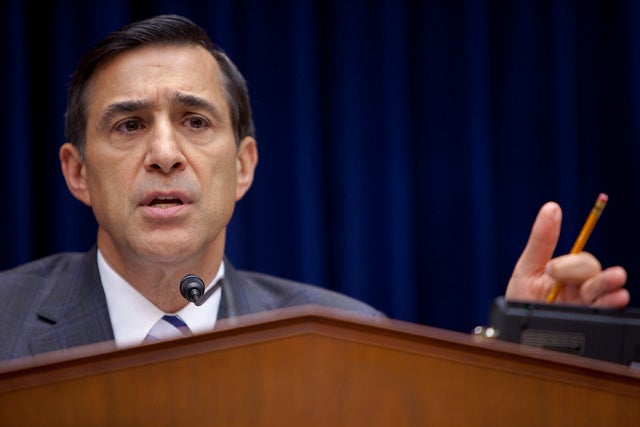Benghazi is back in the headlines with a vengeance as investigations continue on several congressional fronts:
- Representative Darrell Issa (R–CA) subpoenaed the State Department to deliver more email threads on the Benghazi talking points;
- The House Government Reform and Oversight Committee threatened to subpoena Ambassador Thomas Pickering regarding the Accountability Review Board’s inadequate investigation; and
- The House Armed Services Committee is probing the absent military response on the night of September 11, 2012.
While many aspects of the Benghazi scandal are troubling, the lack of information on the military front is particularly serious. Getting information out of the Pentagon has been like pulling teeth. The Senate Armed Services Committee hearing in February revealed that former Secretary of Defense Leon Panetta and Chairman of the Joint Chiefs Martin Dempsey had briefed President Obama at 5:00 p.m. on the day of the Benghazi terrorist attack, and unbelievably had had no communication after that.
Dempsey then informed the committee that there were no assets available that could have reached Benghazi in time to assist the American diplomats and CIA personnel under attack there — a statement that was contradicted directly by Gregory Hicks, second in command at the U.S. embassy in Libya, in highly emotional testimony. As Hicks revealed, a military support team was ready to take off from Tripoli to Benghazi on the night of the attack, but was told to stand down. By whom we don’t yet know.
Chairman of the House Armed Services Committee Buck McKeon (R–CA), has been vigilant in seeking answers and has told Secretary of Defense Chuck Hagel that he is “deeply concerned” about the lack of answers, reported The Washington Examiner’s Byron York. Last week, McKeon’s committee received a briefing from Pentagon officials, the content of which unfortunately remains largely classified, as does far too much of the information relating to Benghazi. Among McKeon’s questions are:
What aircraft the U.S. had in the region that might have come to the Americans’ aid; where those planes were; whether they were armed or could have been armed; whether they would have needed refueling; the presence of un-manned aircraft, armed and unarmed; the status of various U.S. emergency response teams; and the decisions commanders at all levels made in deciding to deploy or not deploy those assets.
The congressional committees involved in the investigation are doing yeoman’s work. Their stubborn persistence will eventually unearth the truth about Benghazi. The future safety of U.S. diplomatic and military personnel serving overseas depends on it.
